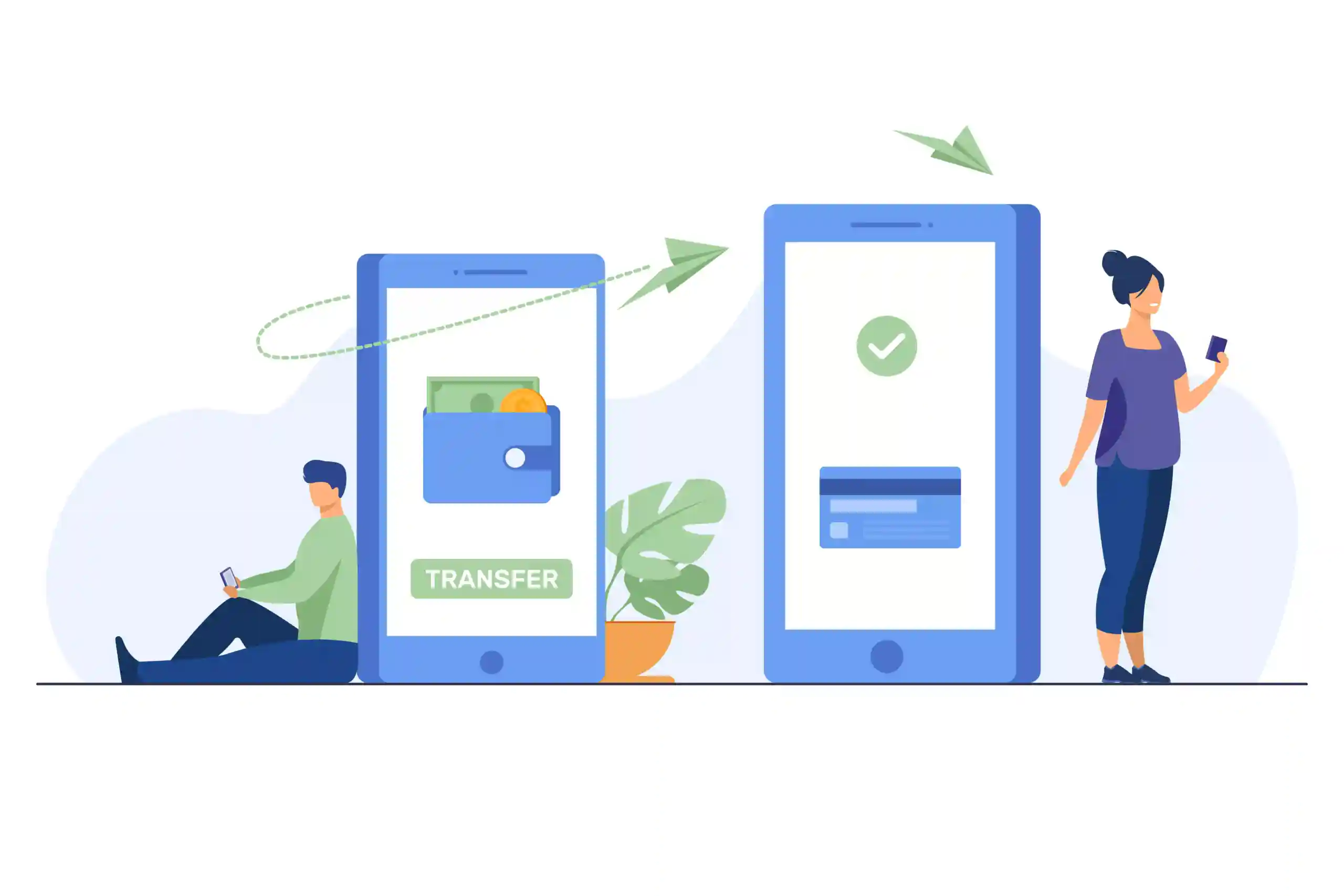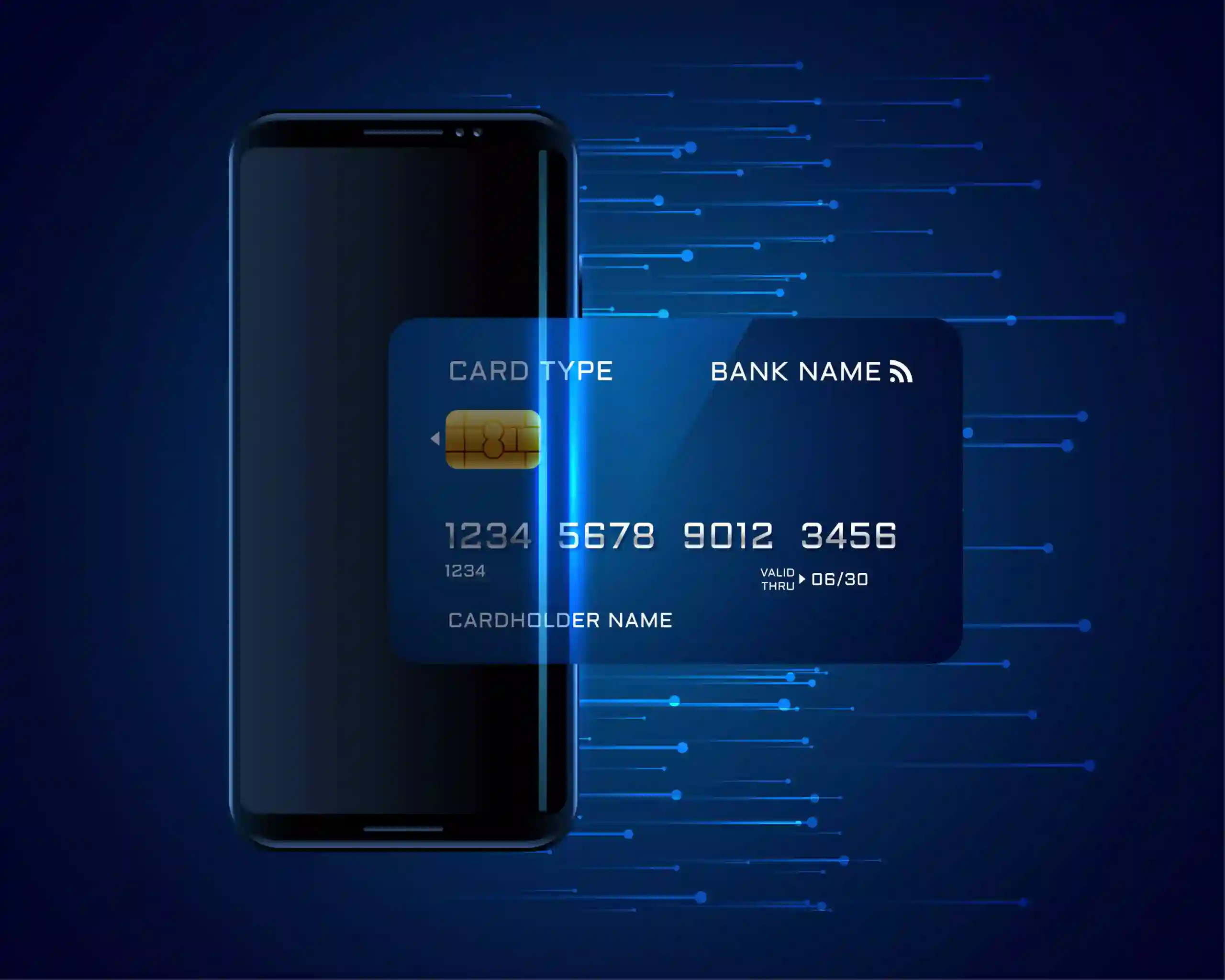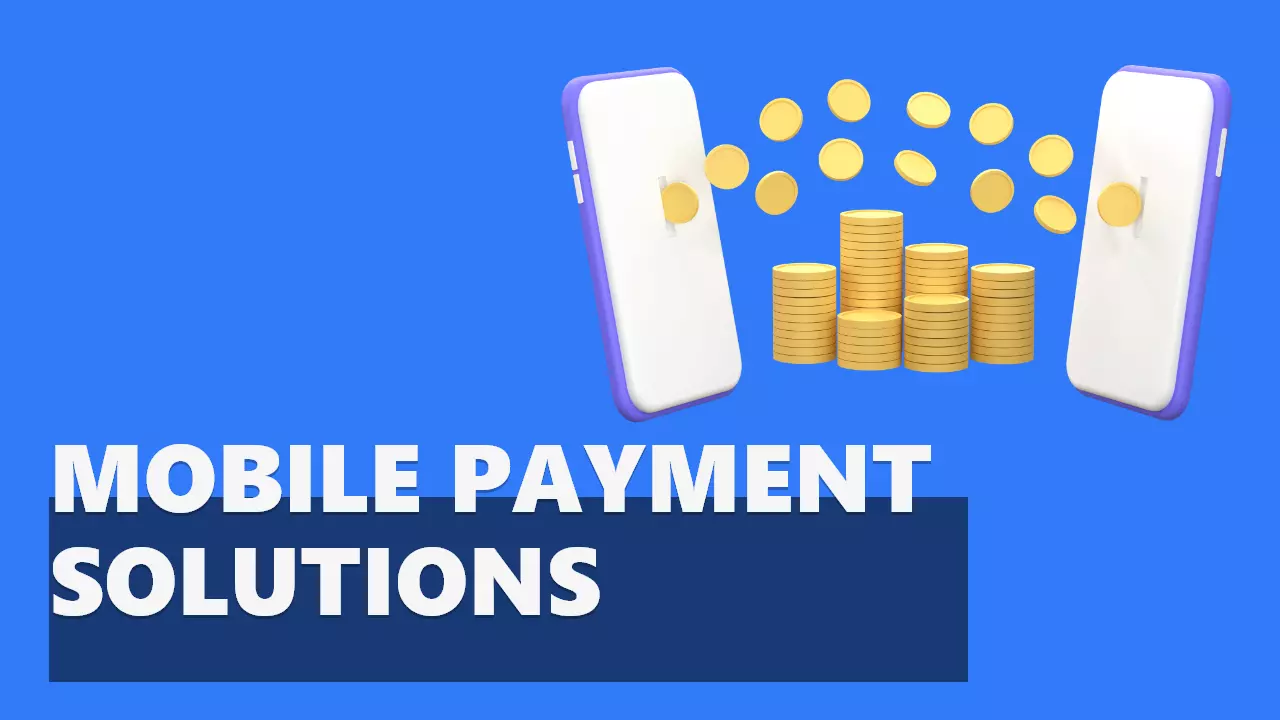Mobile payment solutions are increasingly becoming popular and transforming how we conduct transactions. They allow customers to make payments from anywhere using their mobile devices without the need for physical cash or cards.
It is becoming essential for all businesses that want to provide ease to their customers and boost their sales. Adding mobile payment to your toolkit gives your client a simple and quick way to pay with the click of a button. Like all other industries, this advanced payment solution is heavily impacting the telecommunication industry.
In this article, we will explore mobile payment solutions, types of mobile payments, and their impact on the telecommunication sector.
What Are Mobile Payments?
Mobile payment is a wide term that is used to describe any type of payment made with a mobile device. It includes MST payments, peer-to-peer apps, QR codes, and NFC payments.
Other than that, digital wallet services such as Apple pay also fall under this category. You can use these payment solutions either to purchase goods online or in person.
Moreover, you can also use mobile payment solutions to send money to friends and family, such as PayPal. In fact, mobile payments work in a similar way as credit card payments and bank transfers, with all activities taking place directly from your smartphone or mobile device.
Types Of Mobile Payments

Mobile payments typically have five types, each of which has unique features. All of them are able to transfer the money instantaneously from one account to another.
1. Mobile Wallet
Mobile wallet services include different apps such as Samsung pay, Apple Pay, and Google Pay. These services work on computers, tablets, smartphones, and smartwatches and are linked to a customer’s bank account or credit or debit card. Once you set up your mobile wallet account, you can use it to make payments or send money.
2. SMS Payment
SMS payment is a type of mobile payment that allows people to make payments by sending an SMS to a specific phone number. In America, where a large number of people use smartphones rarely use SMS payment. However, SMS payment is prevalent and widely used in the developing world.
3. Mobile Peer-to-Peer
It is a transaction carried out on platforms such as PayPal, CashApp, Zelle, and Venmo, allowing individuals to transfer money to other individuals through a web page or mobile app.
Some of these services, especially Paypal, got wide acceptance from small business retailers. It means you can pay a business owner via Paypal instead of using your credit card.
4. Mobile e-commerce
It is also known as m-commerce and describes any type of transaction that a person makes using a mobile device. If a business owner purchases on their mobile device’s browser or through a proprietary app, it qualifies as a mobile commerce payment.
5. Mobile Point of Sale
In a mobile point of sale (mPOS) arrangement, a retailer uses its mobile device as a payment terminal, for example, Square, which is popular for its mPOS service. This company sells a Square wireless reader that vendors use for contactless and chip card transactions.
Customers only need to insert their credit card into the chip reader or tap it for NFC transactions. That is where your point-of-sale takes over to transmit data to a financial institution and transfer money to your account.
Mobile Payment Solution And Telecommunication Industry
The telecommunications industry has quickly recognized the potential and importance of mobile payment solutions. Telecom companies are working to integrate these advanced payment solutions into their services, providing a more seamless experience to their customers. Mobile payment solutions let telecommunication companies offer a wider range of services and options, such as mobile money transfer, bill payments, and other financial services.
The integration of mobile payments into telecommunication services is beneficial for the industry as well as customers. Telecom companies can increase their revenue opportunities and improve customer experience, while consumers can conveniently make secure payments from anywhere.
Telecommunication companies can use mobile payment solutions to make money on currency conversion, processing fees, and accurate geo-targeted ads. With this fusion, telecom companies can be rewarded with broader utilization of communication networks.
Advantages Of Mobile Payment Solutions

With the use of mobile payment solutions, telecommunication companies can provide several benefits to consumers, some of which are as follows:
Convenience
Mobile payments remove the barriers to finalizing a customer’s purchases. They allow customers to make payments from anywhere, anytime, without needing credit cards or cash. You can transfer money online from your account whenever you purchase a product or service.
Quick Payment
With the help of online platforms or apps, you can transfer money within a blink of an eye. These solutions are faster than the traditional payment methods and make mobile checkout as fast as a credit card transaction.
Security
Mobile payments are considered among the most secure types of commerce as they use encryption and other security features to protect users’ information.
Further, these payments are performed on mobile devices requiring some type of authentication, such as a fingerprint, passcode, or face lock.
Encryption of these devices minimizes the chances for thieves to intercept the customer’s data.
Impact Of Mobile Payments On Telecommunications
Mobile payments have had a significant impact on the telecommunication sector. They have created new opportunities for telecom companies to make revenues, such as
They can charge fees for mobile payments and other financial services. In addition, these companies can improve their customer experience by offering convenience and security in making payments.
These advanced payment solutions also changed the dynamics of the telecommunications industry. Telecom companies are no longer only providers of services but also become financial service providers.
It has led to increased competition in the industry, as telecom companies now compete for a share of the mobile payment market.
Future Of Mobile Payments In the Telecommunication Industry

The future of mobile payment solutions in the telecommunication industry is bright because consumers like to make payments online without needing physical cash or credit cards.
Furthermore, the emergence of new payment technologies, such as digital wallets and blockchain platforms, provides new opportunities to telecom companies. The adoption of mobile payments in emerging markets is also expected to grow as more people now have access to mobile devices.
Telecommunication companies play an important role in the growth of mobile payments. However, to stay ahead of the competition, they must develop new services and work with regulators to address privacy and security concerns.
Risks And Challenges
Like all other technologies, mobile payments have risks, challenges, and benefits. Lack of standardization is a significant challenge, as numerous mobile payment solutions are present in the market, each with its own set of features and requirements. Security and privacy risks are also present, as there are chances of cyber attacks.
In addition, some mobile wallet providers limit transactions, meaning you can not transfer more than a certain amount. Regulatory challenges also exist as regulators are still struggling with how to regulate these mobile payment solutions.
Do VoIP Service Providers Offer Mobile Payment Options?
Many VoIP service providers offer mobile payment options to facilitate the payment of subscription fees, usage charges, or additional services. Mobile payments include various methods, such as credit card payments, mobile wallet transactions, and other online payment options. This flexibility allows users to manage and pay for VoIP services using mobile devices conveniently.
When considering a VoIP service provider, reviewing their payment options and ensuring they support the method that suits your preferences is advisable. Standard mobile payment options may include credit/debit cards, PayPal, Apple Pay, Google Pay, or other regional mobile payment solutions.
Always check the specific billing and payment details the VoIP service provides, as they can vary among different providers. Additionally, consider the security measures to protect your payment information during mobile transactions.
Conclusion - Mobile Payment Solutions
Mobile payment solutions rapidly change how we conduct transactions, and their impact on the telecommunications industry is significant. These payment solutions offer several advantages to consumers, and telecom companies are also taking advantage of this trend by integrating them into their services.
The future of mobile payment solutions and the telecommunications industry is bright, but challenges and risks must be addressed to ensure their continued success. The telecommunications industry will play a crucial role in the growth of mobile payments and must continue to innovate and adapt to stay ahead of the curve.




